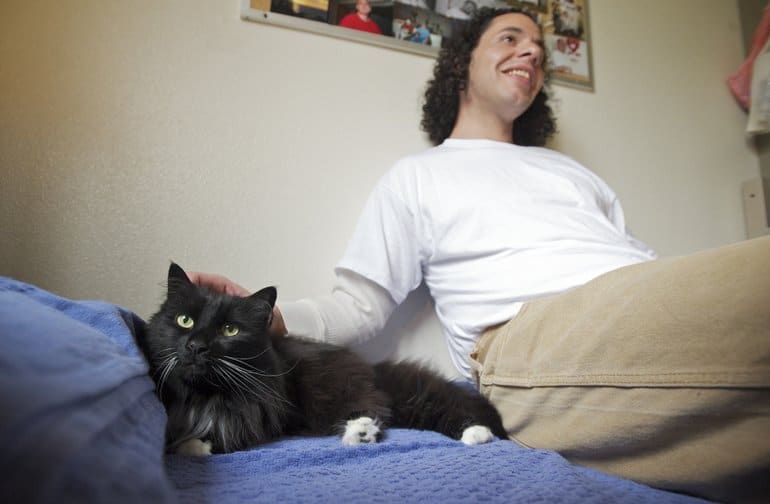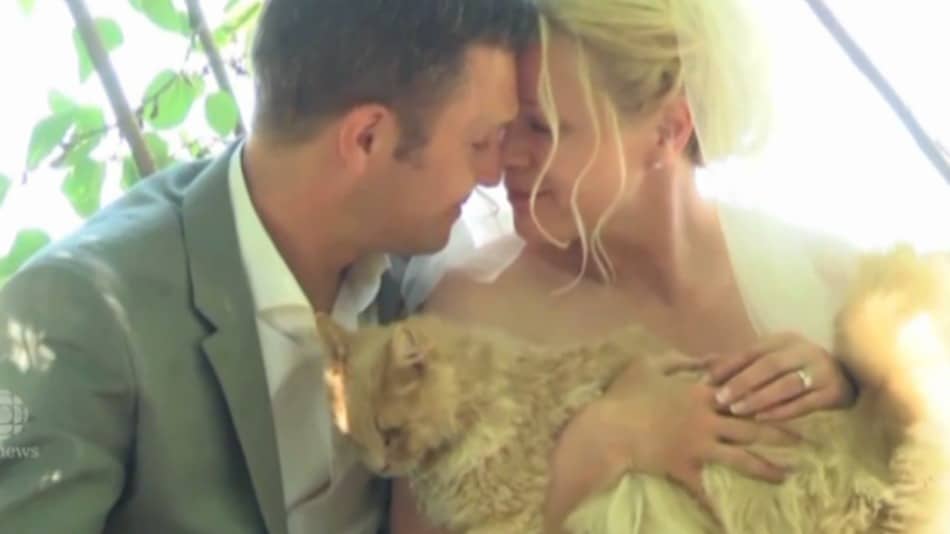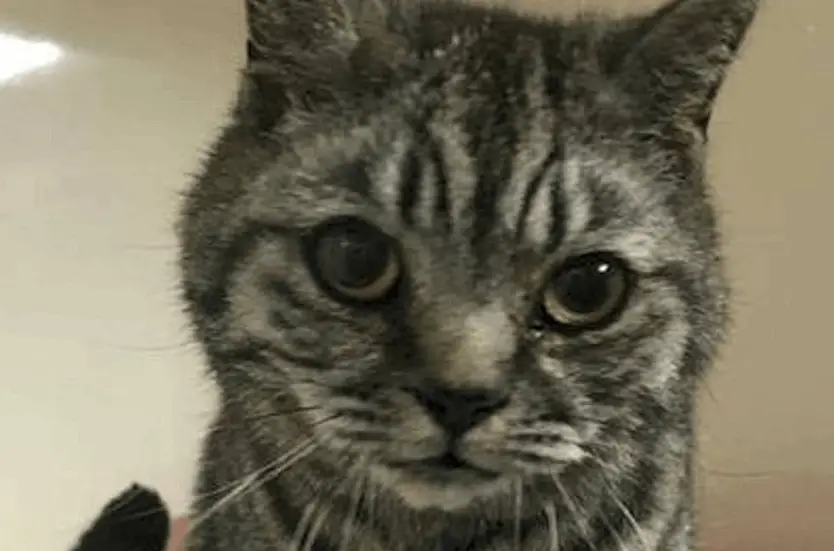When your cat starts acting out of the ordinary, it’s easy to get worried. After all, they can’t tell us what’s wrong! Is it a minor issue that will resolve itself, or is it something more serious that requires emergency veterinary attention? To help you out, we’ve compiled a list of cat symptoms that you should never ignore. If your cat is exhibiting any of these signs, don’t hesitate to seek medical help.
When Your Cat’s Not Eating

Any cat that has not eaten anything in over 24 hours should be seen by a vet. Not eating is a life-threatening situation for a cat. There are many reasons why a cat might refuse food – dental pain, pancreatitis, urinary obstruction, intestinal blockage, upper respiratory infection, and many more.
Try these methods to stimulate your cat’s appetite. If your cat starts eating, he or she probably had a non-threatening upset stomach or was just feeling unwell. Any time your cat refuses to eat for more than a day, he needs to go to the vet. First, to determine what’s causing your cat to stop eating, but also because cats (especially overweight cats) can develop hepatic lipidosis, or fatty liver disease, by not eating. Untreated, hepatic lipidosis can result in liver failure and death, so it must be aggressively treated by your veterinarian.
Your Cat Is Lethargic

Cats are known for sleeping the day away, but it is possible for a cat to sleep too much! Cats sleep an average of 12-16 hours each day, and more if they’re elderly. If you notice your cat sleeping more than usual, being disinterested in food or toys, and not reacting like normal to certain things – he is lethargic.
Lethargy can signal many possible serious health issues, like arthritis, asthma, bladder infection, cancer, dehydration, depression, diabetes, heart disease, kidney disease, and poisoning. If your cat is being extremely listless, a visit to the vet is in order to determine the cause.
You Cat Is Having Trouble Breathing

This is the most urgent emergency any individual cat, dog, or human can face! Death occurs after three minutes without breathing, so a cat that’s having trouble breathing needs to be rushed to the Emergency Room quickly. Watch out for open-mouth breathing, heaving sides, wheezing, panting, inability to lie down, and coughing.
There are many reasons a cat may begin to have trouble breathing, from infections and allergies to asthma and even heart failure. It’s vitally important to get your kitty to the vet to determine the cause and help your cat get much-needed relief.
Your Cat Is Having Trouble Urinating

If you notice your kitty making frequent visits to the litter box, while producing little or no urine, go to the ER. This is a real emergency, that could indicate a urinary obstruction.
Obstructions happen mostly in male cats but can affect females, too. Your cat may cry, be restless, groom excessively, or hide because of the discomfort – and a complete obstruction can cause death within a couple of days. Cats with the condition suffer agonizing pain, and then it could progress to acute kidney failure, the bladder may rupture, and even cardiac arrest.
Bleeding
Any kind of bleeding may be an emergency or it may be temporary, like bleeding from a wound, that you’re able to treat at home. Excessive bleeding that doesn’t stop is an emergency. Vomiting, diarrhea, or urine accompanied by blood should also be considered an emergency.
Fainting
A temporary loss of consciousness – often described as fainting – is called syncope. It can be caused by heart disease, emotional stress, excitement, low glucose, or other diseases. It’s important that your cat is seen by a vet to determine the cause of this fainting – as many of the conditions that cause it may be life-threatening.
When in doubt, pick up the phone!

If you ever have a concern that your cat’s situation might warrant a trip to the emergency vet, give them a call! The clinic may be able to assess what’s going on and advise you to bring your cat in for a visit or wait it out.
Have a Pet First Aid Kit:
Many people already have a first aid kit at home for themselves, but you should create one for your cat, too! It’s always a good idea to have these items on hand and ready, should you have to deal with an emergency at home:
Digital Thermometer to measure your cat’s temperature
Benadryl for allergic reactions
Cat-Safe Shampoo in case kitty has any dangerous or toxic substance on her fur that needs to be washed off
Cat Carrier to safely transport your cat to the vet if needed
Remember, you know your cat best! So, any time you believe your feline friend is unwell, never be afraid to talk to your vet. Cats are notorious for hiding illnesses. By paying close attention to your kitty’s symptoms and any changes in behavior, you can be the best advocate for your cat’s health.
Has your cat ever experienced any of these symptoms? How was it treated? Tell us below, so other pet parents can learn from your experience!
Did you find this helpful? Pin it!





